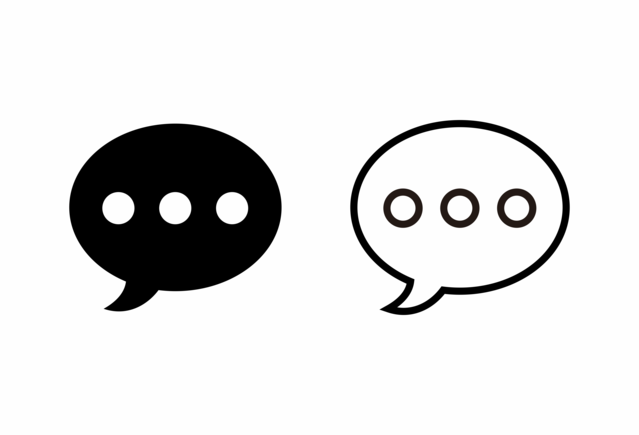Bias
Is “White Privilege” the Best Way to Talk About Racism?
And is "privilege" the best way to talk about class and inequity?
Posted June 18, 2020

Is “White Privilege” the best way to talk about racism and inequity?
On one hand, it’s telling to put a finger on the problem, and perhaps even make people squirm as they sort out their identities, advantages, and complicity in an America still centered on Whiteness.
On the other hand, I have to put on my therapist hat and do my best to meet people where they are. Almost all of my patients have been talking about the impact of racism, both personally and societally. They are furthering their own self-examination and surfacing traumas. This happened during the Me Too movement as well.
I’m proud of my patients, and glad we make a therapy office (or video screen, these days) a safe space to have meaningful, vulnerable, and healing conversations about difficult topics. I wish we could all do that. The world would change quickly and drastically, I think.
Some of my patients do talk about their “privilege,” the privilege of others, or how this word is thrown around as confrontation and provocation. This seems to be generational; the term seemed to come into vogue right after the turn of the millennium. Now, terms like “precarity” are becoming widespread in academic discourse.
“Privilege” can be an important way to talk about one’s responsibility and connection to the wider world. Talking about privilege can further self-consciousness.
However, “privilege” also ties all discourse to power relations—which is important, but only part of how we relate as human beings. Confessing one’s privilege, or calling out someone else’s supposed privilege, seems a ritual in either subordination or domination. It is a gateway to the “oppression Olympics” where all peoples will rank themselves in order of “privilege.” There are actually internet surveys for this, of course. I haven’t seen the numbers pop up on dating profiles yet, but…
This process also aggravates toxic emotions such as envy, guilt, resentment, shame, and blame.
Ultimately, focusing on privilege means that for one group to feel “good,” another has to feel “bad”—or even that one group is “all good” and another is “all bad”—which is psychologically oppressive in itself, and a form of splitting, a divisive psychological defense meant to shore up safety when one feels insecure and vulnerable.
Naturally, this triggers defensiveness and resistance. No one likes to be told they’re “all bad” either directly or indirectly. No one likes to be shamed. And no one is “all good” or “all bad.”
What’s a better way?
I prefer to understand that we all live in bubbles of experience, history, and perspective. Some bubbles are advantageous, others horribly adverse. And yes, race is a determining factor of our experiential bubbles. You might say that the “White” bubbles are bubbles with benefits. But every bubble has blind spots, and those blindspots put other bubbles at risk. And yes, some bubbles with benefits are functionally or consciously hostile to other bubbles.
The bubbles are especially porous right now, if they haven’t outright burst, in the wake of the public execution of George Floyd, and the killings of Breonna Taylor, Ahmaud Arbery, Tony McDade, David McAtee, and so many others. The blind spots are gaining sight with the help of viral smartphone footage. Most of the country is now profoundly and painfully aware of the harm visited on Black lives, and is increasingly aware of how policing, criminal justice, and health care are structured in ways that harm Blacks, Indigenous Peoples, Latinos, and Asians. Health outcomes are more dependent on zip code bubbles than genetic code helices—and those zip code bubbles are often tied to race.
It is my greatest wish that we are at a major turning point in cultural consciousness. But if it is to be so, we will have to learn how to listen compassionately to the voices of those who suffer, and we will have to learn how to speak to each other about inequity. We have to learn to understand how it is we get to our perspectives, and lose compassion for others.
I think the analogy—and reality—of bubbles might help us understand and further our quest for equity, belonging, and Dr. King's beloved community. Bubbles are how we relate, and how we disconnect. Let's break out of them. I think change will come from compassion and mutual relationship.
Update: To clarify, I do think that there is "privilege" and "White privilege" in society. The question for me, especially in working with patients, is how to move from guilt and paralysis to connection, healing, growth and action. Of course discomfort is involved in these discussions. One reader asked me to clarify how "privilege" involves power. Please listen to the entire Scene on Radio season 2, "Seeing White," especially episode 13, "White Affirmative Action."
(c) 2020 Ravi Chandra, M.D., D.F.A.P.A.


